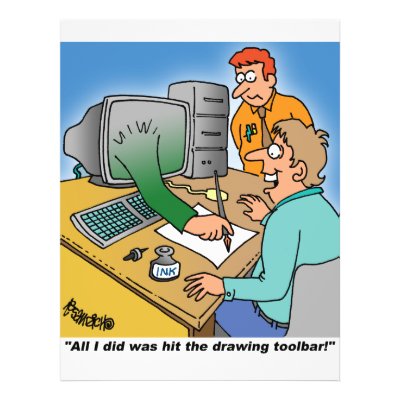The Hot Zone by Richard Preston is a true story about the Ebola virus strain and the Marburg virus strain. Both of these viruses are deadly strains that originated from monkeys. Scientist originally believed that this virus couldn't jump species, but it did. This is when an outbreak spread all over. The first case talked about in the book is Charles Monet. The virus would get into their system and make them lose complete control of their whole body and they became like robots being run by this unknown thing. They were just the hosts for this terrible creature. This virus ate at their body causing their eyes to turn blood red, their face and body to bruise up, and they lost blood from all orifices of their body. The host became expressionless and could not form the words to communicate with many people. Their body was being taken over and destroyed. Eventually, the body just liquified. It is a highly contagious, level 4 hot agent that replicates at outrageous rates. The deadliest case of Ebola, Ebola Zaire, kills 9 out of 10 people.
Throughout this book, Richard Preston explains the infected, the infectious, and the curers; that being the sick people, the continuing disease and monkeys, and the doctors trying to save these peoples' lives. Everyone has their own stories. Some people, like Charles Monet, were unknown to their neighbors. People couldn't recall what he did, or what he looked like. They knew where he worked, but that was it. He was a quiet man. This kind of upset me. Not one person could talk about Mr. Monet. It was like this man didn't have any family, or anybody who could mourn the loss. I think everyone should have somebody, but he had NObody.
There were other cases in the book, but my favorite story was with the Jaax's. I was hooked. I couldn't stop reading about Nancy, from where she got the job to where she realized there wasn't a whole in her glove. My heart was racing for her. I didn't want her to die and leave her husband and children. I didn't want her to die and leave her life with the man she was madly in love with. When Nancy Jaax originally applied for the job in the level 4 hot agent room, the superior told her “This work is not for a married female. You are either going to neglect your work or neglect your family.”(60) He also made a reference about a secretariat, and Nancy shouted at him, “Well, sir, I am no plow horse!”(61). This entire conversation made the hair on the back of my neck stand up. I think it struck me so hard because I want to be a doctor and a mom, and yet I will do all I can do to be just as good as a 'stay at home' mom would be. When I'm at work, I will give it my all, and when I'm at home, I will give it my all. She didn't have to slack off, she was committed. Richard Preston made me feel like I was in that room. I felt like I was sitting at that desk with them.
The next part that I really liked was when she thought she had gotten infected blood on her hand. I could see the fear in her eyes when she noticed the hole in the glove. I could feel the lump in her throat as she felt she was about to lose it all. I could hear her heart pound out of her chest. Then I was able to see the relief run across her whole body and the glove filled up with water because there were no holes in it. He made me feel like I was in the room with her. I was able to imagine everything. I felt like I was apart of the story.
Richard Preston wrote this way throughout the entire book. He took every experience and made it visual. As gory and gruesome as most of the scenes where, it actually helped you envision just HOW dangerous and how deadly these viruses were. In many of the scenes, I was so freaked out that my heart would pound and I could feel my hair stand up. The scenes in the hospital rooms when these people would just bleed out and die. I was in shock. Especially when it talked about the women who were in labor and had the virus and the baby would liquify in the womb and then the mother would bleed out. It is just terrifying to read. The worst part was just knowing in the back of my mind that this is a true story, and that it could come back and get us all. This really scares me.
Overall, I thought the book was interesting. It kept me into it and I wanted to know what happened. Yes, there were parts that I was just like “come on, already” but then it would pick up. This book definitely made it where I would NEVER be able to be an epidemiologist, but I definitely praise the ones who are. I wouldn't be able to deal with all the people who would be trial and error, either it works or they die. Most of them die in your arms. Someone taking their last breath in my arms. I would be in therapy. Most of the book, Richard Preston made me want to read more. I just had to see what happened, even though I couldn't stand to read and envision what had happened to these people and how they were eaten from the inside out by this creature. They felt every single thing it did to them until they became expressionless and died.



